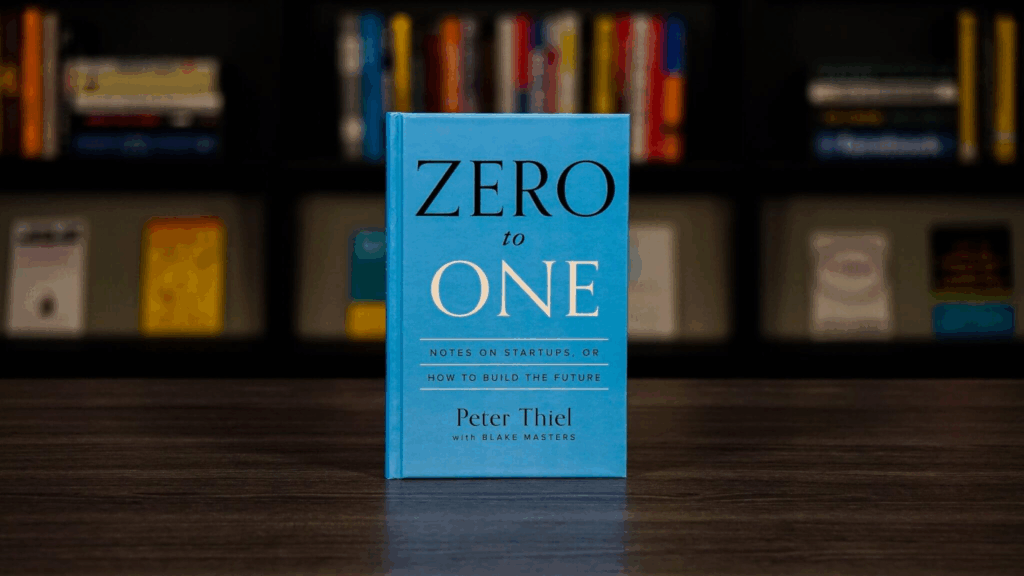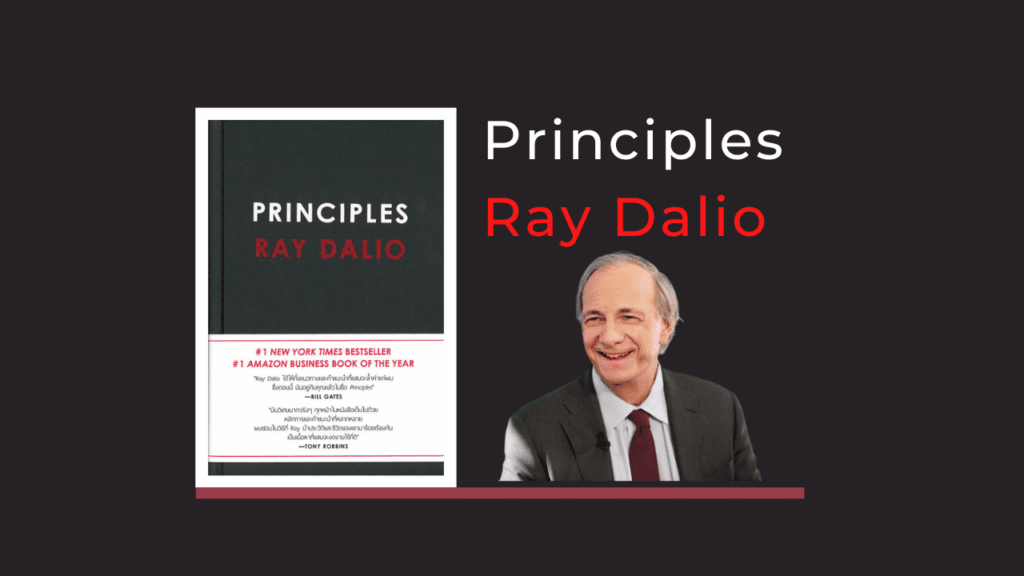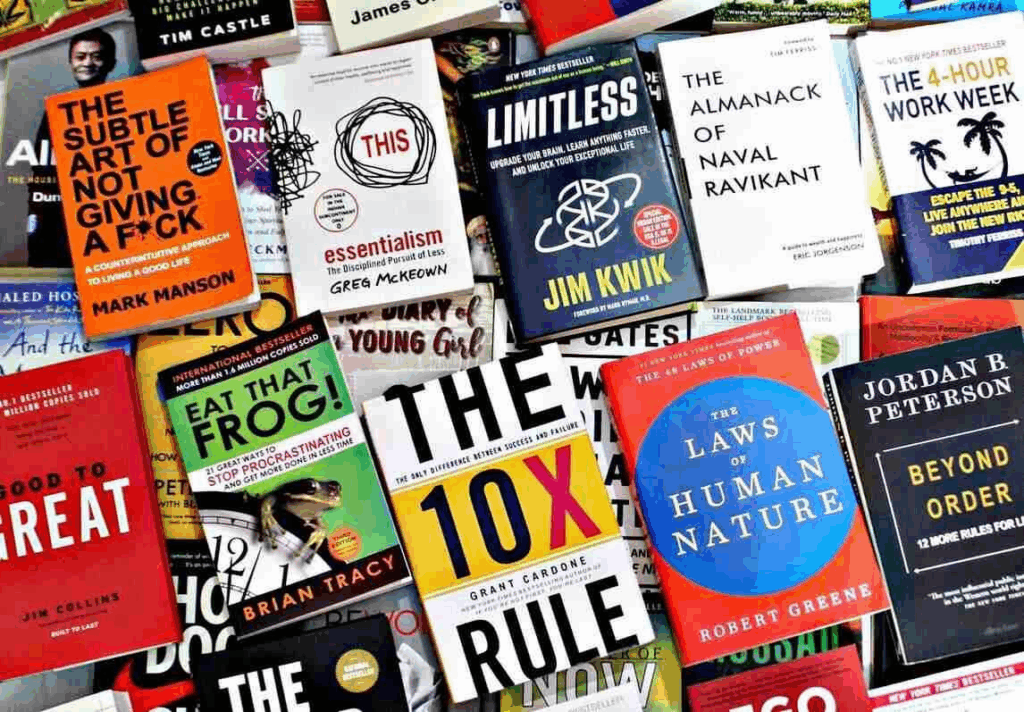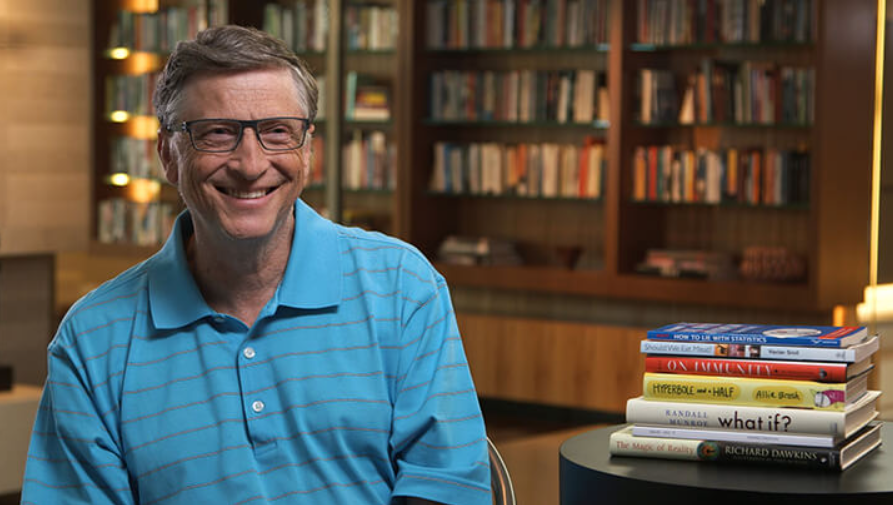✨ Many people think that becoming a billionaire requires a sudden flash of genius, connections, or luck. But if you ask the billionaires themselves, most honestly admit — the key tool for their growth was much simpler: books.
Reading develops your thinking, helps you see ordinary things from a different perspective, and most importantly, teaches you to make decisions in situations where there are no instructions. Twenty minutes of reading a day — and every day you enhance your “mental capital.”
We already shared a post about the Top 5 Books for a Successful Investor, featuring classics on the stock market, risk assessment, and strategy building. Today’s list is slightly different — it’s about books that shape not only knowledge but also worldview.
So, here are 5 books that left the deepest mark on the minds of those who changed the world.
1. “Zero to One” by Peter Thiel (recommended by Elon Musk)

This book isn’t about being “better than your competitors.” It’s about creating businesses where competitors simply don’t exist. Peter Thiel, co-founder of PayPal, emphasizes that the most valuable things in the world are unique companies that drive progress.
Musk noted that Thiel’s ideas about “uniqueness over copying” helped him in developing Tesla and SpaceX.
Lesson: If you want to be a leader, create fundamentally new solutions, not just another “Instagram clone.”
2. “Principles” by Ray Dalio (recommended by Bill Gates)

Dalio, founder of the world’s largest hedge fund Bridgewater Associates, built his fortune on systematic thinking. His book is a collection of rules for decision-making, teamwork, and life management.
Gates called it “a bible of radical honesty with yourself.”
Lesson: Strong companies are built on transparency and discipline, while strong individuals succeed by acknowledging mistakes and adjusting course.
3. “The Hard Thing About Hard Things” by Ben Horowitz (read by Mark Zuckerberg)

Horowitz knows what “sleepless nights” mean. His book isn’t a success story but a survival guide: how to lay off half your team, explain disasters to investors, and keep moving when everything is falling apart.
Zuckerberg noted that Horowitz’s honesty and experience helped him in challenging moments at Facebook.
Lesson: In business, survival favors those who make tough decisions and take responsibility, not just those with the largest budgets.
4. “Read, Write, Own” by Chris Dixon (must-read for Sam Altman, OpenAI)

Dixon sees the future Internet as decentralized. Web3, blockchain, cryptocurrencies — not just technologies, but fundamental changes in the global economy.
Altman included the book in his “must-read” list for those wanting to understand the direction of the digital world.
Lesson: Major fortunes of the 21st century will be made by understanding how the Internet and money are changing.
5. “The Score Takes Care of Itself” by Bill Walsh (favorite of Jack Dorsey)

Walsh, legendary coach of the San Francisco 49ers, built a championship team. His idea is simple: if you create a system where everyone works at 100%, victory will follow.
Dorsey appreciated the book for showing that business is also a team, where discipline and trust matter more than slogans.
Lesson: Leadership is not charisma; it’s creating a culture where people achieve their maximum potential.
📌 Conclusion:
From Elon Musk to Ray Dalio, billionaires draw ideas not from random social media posts but from books that shape thinking for decades.

Key principles shared by these books:
- Think differently (Thiel)
- Build a system of rules (Dalio)
- Be honest in crises (Horowitz)
- Follow technological trends (Dixon)
- Create a team culture (Walsh)
Maybe it’s time to put down the news feed and pick up one of these books? That’s exactly how many future billionaires started their journey.
All content provided on this website (https://wildinwest.com/) -including attachments, links, or referenced materials — is for informative and entertainment purposes only and should not be considered as financial advice. Third-party materials remain the property of their respective owners.


